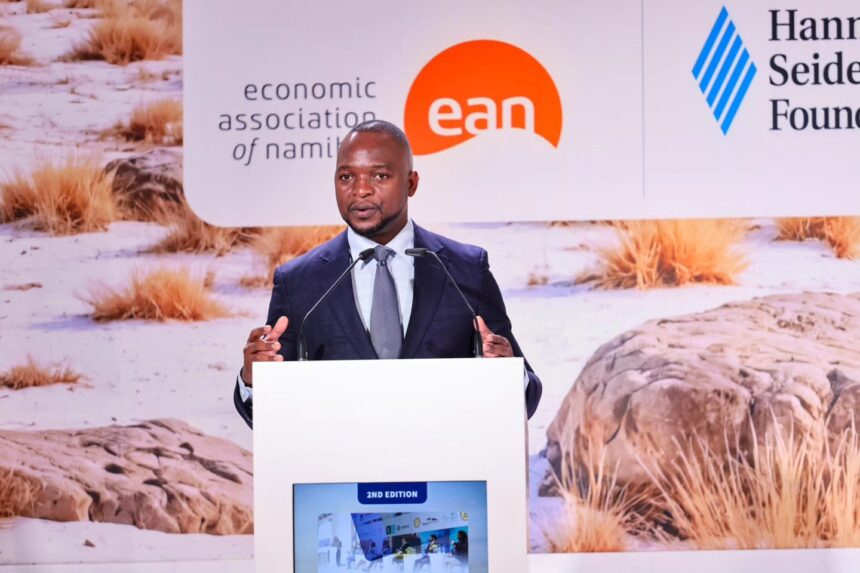Industry pundits believe Namibia is facing a watershed moment in its nascent petroleum sector, prompting calls for the implementation of a structured licence bidding system to increase openness and accountability in the sector.
Such an approach is viewed as being critical to the successful management of the country’s natural resources.
In a presentation last week during the second edition of the Oil and Gas Conference, Shakwa Nyambe, managing partner of SNC Incorporated, emphasised the need for conducting licence bidding.
SNC Incorporated is a law firm specialising in energy, natural resources as well as corporate and commercial sectors and
dispute resolution.
According to Nyambe, this strategy would allow the government to thoroughly analyse potential investors’ financial and technical capabilities, guaranteeing only competent entities receive permits.
Such a planned approach, he said, would reduce the possibility of unethical behaviour as seen in less regulated environments.
“For purposes of transparency and accountability there will be a need to introduce licence bid rounds for some acreages. Transparency limits the opportunity for corruption and accountability ensures the entrusted are held accountable for their actions or inactions,” said Nyambe.
Namibia employs an open licensing system, permitting companies to apply for exploration licences at any time. While this flexibility can attract continuous investment, Nyambe suggests introducing bid rounds for certain acreages could further enhance the investment landscape.
Bid rounds, he argued, would create a competitive environment, compelling companies to present their best offers, thus maximising potential returns for the government.
Licensing bid rounds have been widely adopted by countries like India, Egypt, Trinidad and Tobago, the UK and Norway, to effectively manage their oil and gas resources.
Furthermore, to bolster the integrity of the licensing process, Nyambe advocates the establishment of an independent regulator for the upstream oil and gas sector.
“Government and legislature must be there to establish policy, while the role of the regulator is to administer the regulations arising from those policies. Local content framework will require monitoring, evaluation and enforcement for it to work. An independent regulator will be able to ensure the full implementation of the local content framework,” he added.
Nyambe further stressed that the regulator should ideally be independent of the policy making process. He also noted the need to establish a regulator was identified by The White Paper on Energy Policy of 1998 and the National Energy Policy of 2017.
To attract more companies to acquire these blocks, Nyambe added that Namibia must consider incentivising investors in this space and called for a reduction in royalty and tax rate for those drilling in deeper water.
“Investors are challenged with high exploration and production costs, complex logistics and infrastructure challenges, amongst others,” said Nyambe.



